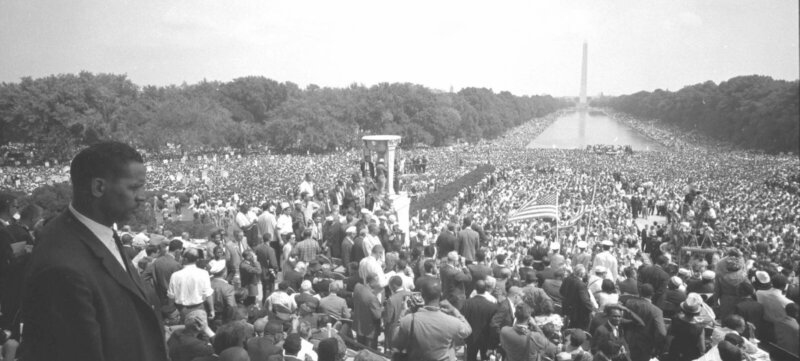Aug. 28, 2023
Dear Friends in Christ,
Today, we commemorate the passage of 60 years since the Rev. Dr. Martin Luther King Jr.’s March on Washington for Jobs and Freedom. We can point to much progress since then: legislative victories in the civil rights and voting rights acts, elections of the country’s first Black president and Maryland’s first Black governor, and greater collective consciousness following videos that captured the police-involved deaths of Black men and women, including Freddie Gray Jr. and George Floyd. Indeed, the work of civil rights leaders and interfaith coalitions have raised awareness and helped create transcendent conditions for communities and individuals. Even so, we have yet to address the sin of racism fully.
Some of us may be comforted by the progress made thus far or lulled into the false belief that we have reached a post-racial society, one in which, as Dr. King said, people are not “judged by the color of their skin but by the content of their character.” Let us look no further than the disparities in health, wealth and prosperity between racial groups. These are the ongoing consequences of racism.
A continued conversion of heart is required. For guidance, we should turn to our Catholic social teaching that is rooted in the dignity of the human person. The peaceful and compassionate society Dr. King envisioned requires God’s grace and our firm commitment to teach, learn and practice nonviolent action for social change. As Pope Francis said, “We cannot tolerate or turn a blind eye to racism and exclusion in any form and yet claim to defend the sacredness of every human life.”
Join with me in praying that Dr. King’s dream is realized in the Church, myself, my brother priests, the leadership of the Archdiocese of Baltimore and all who deliver our Catholic ministries. In 2018 and 2019, I wrote two pastoral reflections – “The Enduring Power of Dr. Martin Luther King Jr.’s Principles of Nonviolence” and “The Journey to Racial Justice: Repentance, Healing and Action,” respectively – as tools for parish conversations and action and a springboard for preaching about racism. Consider spending some time today reading these open letters and reflecting on opportunities to act in a positive way to achieve the good.
As we look ahead, let us be renewed in our determination to retrieve, understand, embrace and put into practice the teaching of Dr. King.
With God’s grace and strength, let us strive to help light the path forward.
Faithfully in Christ,
Most Reverend William E. Lori
Archbishop of Baltimore


